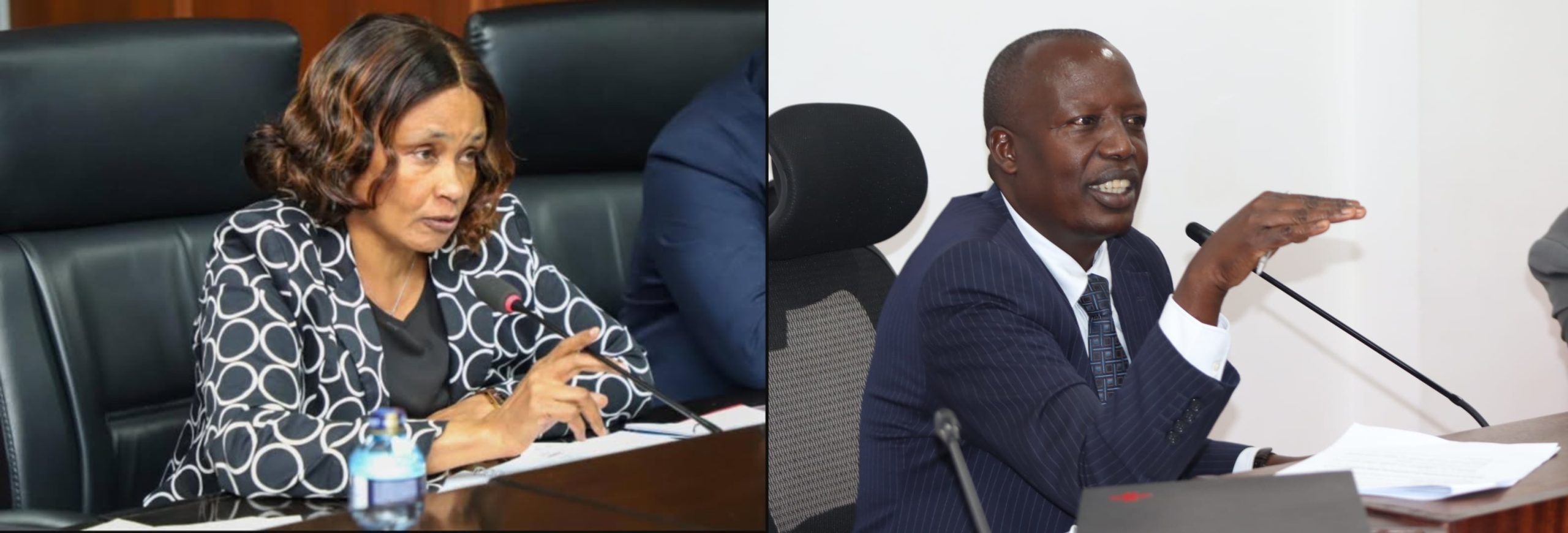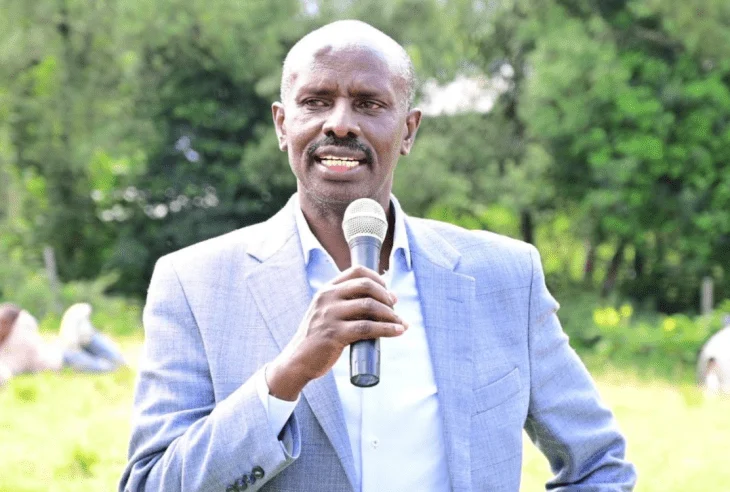Members of Parliament, (MPs) have urged the Teachers Service Commission, (TSC) to consider elderly unemployed teachers during their teacher’s recruitment.
The law makers also criticized the current teacher recruitment process, claiming it marginalizes older graduates some of whom are nearing retirement without ever being hired.
This follows rising pressure from long-unemployed teachers, some who completed training as early as 2015 who feel excluded despite their advancing age.
The National Assembly Education Committee led by Tinderet MP Julius Melly, described it as unjust that some teachers reach the age of 45 still jobless, while recent graduates continue to join the Teachers Service Commission (TSC) payroll.
The MPs are now pushing for a revision of the recruitment system, which currently provides for equal hiring slots to all 396 sub counties. They argued that this system disadvantages areas with a large backlog of qualified teachers.
ALSO READ:
Machakos girls urged to embrace Mathematics with confidence, shed off fears
On June, 19, 2025, the committee instructed TSC to compile a registry of all unemployed teachers aged 35 and above, with the intention of prioritizing them in future recruitments.
Kasipul Kabondo MP and committee vice chairperson Eve Obara said, the statistics will help in understanding financial implications of absorbing the tutor’s one-off.
Narok Woman Representative Rebecca Tonkei supported the motion, saying, that the committee must go flat out to have the forgotten teachers in the payroll.
“It is sad some people even sell their property to get resources to train as a teacher, and then later on, you stay for 10 or more years and don’t get employed,” Tonkei added. “I want to request TSC to get the data of all teachers and submit the list for a way forward.”
Igembe North MP Julius Taitum also backed the call for a new recruitment formula. As he criticized the current system of recruitment, “a sub county with 100 qualified teachers is recruiting last year’s graduates while a neighbouring constituency with more than 1,000 teachers still has those who graduated in 2018 not absorbed. Is that fair?” Taitum stated.
ALSO READ:
Butere KNUT AGM rings alarm over delayed CBA as teachers demand justice, fair pay
Appearing before the Education Committee, TSC acting CEO Evaleen Mitei, accompanied by the commission’s legal director Cavin Anyuor, responded to concerns raised by the legislators.
Taitum proposed a special recruitment phase for those aged 45 and above, stating that affirmative action was necessary to address the issue.
TSC acknowledged the concern but noted that while it was open to discussions, certain legal limitations apply. Anyuor cautioned that targeting recruitment by age alone could be challenged in court.
“Before 2020, we had put the age for recruitment at 45. A Kenyan went to court and the court declared that unconstitutional,” Anyuor explained. “Since 2021, we have been employing teachers up to the age of 59 and 11 months. So, if you are 59 years old, you are eligible for employment. ”If you are one day before 60, you are eligible for employment. It does not discriminate,” added Anyuor.
ALSO READ:
Schools begin mid-term break as Principals head to Mombasa KESSHA summit
Teso South MP Mary Emaase urged the commission to begin absorbing unemployed teachers from the age of 40 or 50 to allow them meaningful years of service.
“You need to change your policy, or if it requires our intervention, then we are ready. That a teacher must be employed at age 45 so that at least they can serve for 15 years,” she said.
“There should be a sunset clause that at least by the age of 45 or 50, if not been absorbed, let that teacher be employed at that point so that they can work at least for 10 years or 15 years. Because what is the point of employing a teacher now at age 57 or 59 to work for one year? I mean, it’s not fair.”
By Masaki Enock
You can also follow our social media pages on Twitter: Education News KE and Facebook: Education News Newspaper for timely updates.
>>> Click here to stay up-to-date with trending regional stories
>>> Click here to read more informed opinions on the country’s education landscape






